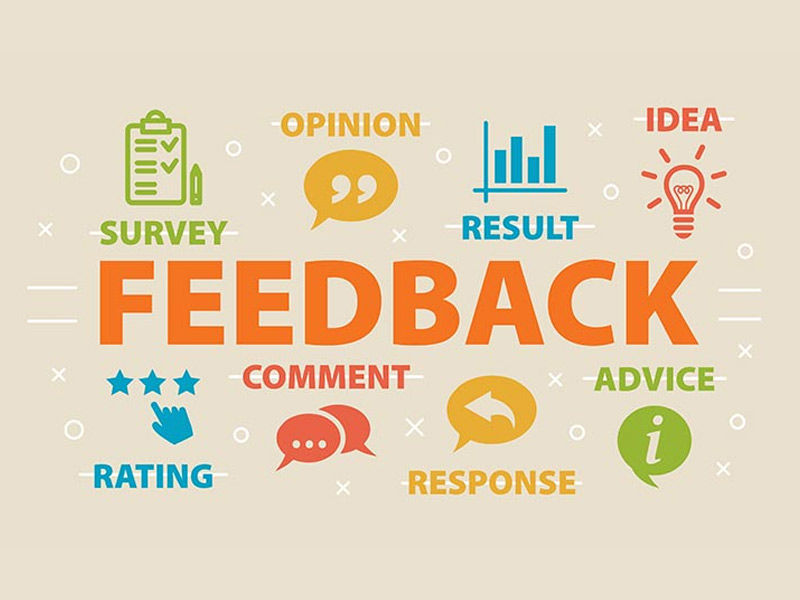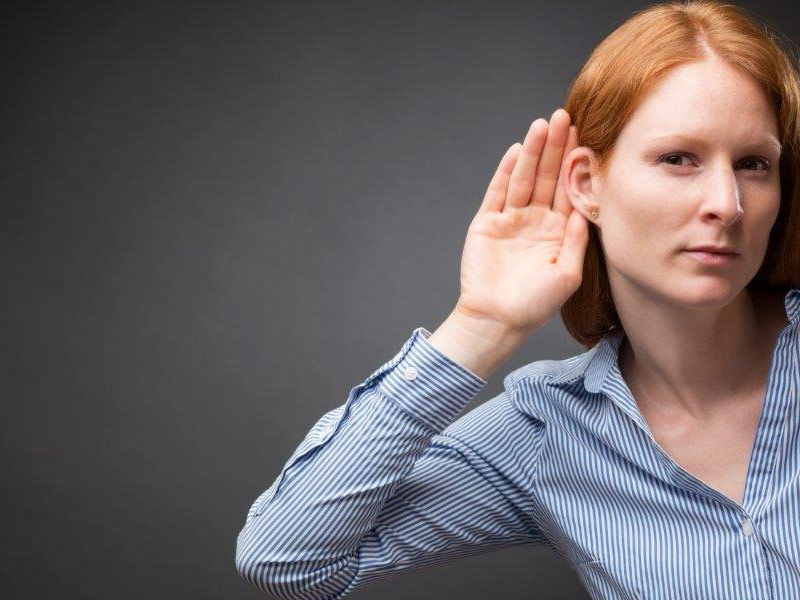Learning excellent communication skills is a simple procedure that helps you express yourself while also improving your interpersonal relations. Knowing how to listen and communicate effectively will help you express yourself in job interviews, business meetings, and in your personal life.
What are communication skills?
Communication skills are the abilities you employ to give and receive various types of information. Communicating new ideas, sentiments, or even an update on your project are some instances. Listening, speaking, watching, and empathizing are all communication abilities. It is also beneficial to grasp the variations between communicating in person, over the phone, and through digital communications such as email and social media.
Here is how to improve communication skills so you crack every Interview
1. Practice active listening.
Good listeners are always effective communicators. Active listening entails responding to what others say with affirmative responses and asking follow-up questions to demonstrate that you are paying attention.
2. Concentrate on nonverbal communication.

Understanding nonverbal cues and signals can help you avoid miscommunication and indicate interest to those around you. When interacting with someone in a professional context, pay attention to your facial expressions and body language. The first impression you create on someone is influenced by your nonverbal cues. When meeting someone for the first time, maintaining eye contact, reducing hand motions, and having decent posture go a long way.
3. Self-assurance
People are more inclined to respond to ideas that are given with confidence in the workplace. Making eye contact when approaching someone, sitting up straight with your shoulders open, and preparing ahead of time to ensure your thoughts are polished are all ways to appear confident. You’ll find that confident communication comes in helpful not only on the job but also during the job interview process.
Also Read, Team management skills that all professional must follow
4. Control your own emotions.
It is critical to regulate your emotions and communicate them appropriately in context for clear communication and your own personal well-being. Allowing strong emotions to enter a work context inappropriately can lead to poor communication and conflict.
5. Request feedback.

There is no shame in seeking candid feedback on your communication abilities from coworkers. Asking your coworkers or subordinates for feedback on how to improve your communication skills might help you better understand how you come across in the workplace. Develop a desire to seek out alternative points of view and build stronger ties with your coworkers.
6. Practice your public speaking skills.
Although public speaking can be intimidating, there is no better approach to improve effective communication skills than to seek out public speaking chances. Great communicators can clearly express their emotions, whether speaking in front of a huge audience or one-on-one with another individual. Speaking in front of a group regularly will highlight your strengths and limitations and force you to build excellent communication skills.
7. Body language is important.
This is critical for in-person meetings and video conferencing. Maintain an open body language to appear approachable. This means you should avoid crossing your arms. Also, maintain eye contact so that the other person knows you are paying attention.
8. Create a filter.
Effective communicators typically have well-developed social skills and can modify their thoughts and feelings to others around them. Understand what is proper to express in various interpersonal circumstances. Creating a filter will help you augment other communication approaches, maintain a certain level of decorum, and avoid confrontation in the workplace.
9. Clarity and volume
It is critical to be clear and audible when communicating. Adjusting your speaking voice so that you can be heard in a range of environments is a skill that is essential for efficient communication. In some situations, speaking excessively loudly may be considered impolite or unpleasant. If you’re unsure, observe how others communicate in the room.
10. Consider your options before speaking.

Always pause before speaking, and never utter the first thing that comes to mind. Take a moment to think about what you’re saying and how you’re saying it. This one habit will save you from embarrassment.
11. Before you hit the send button, double-check your message.
Spell and grammar checks can save your life, but they are not perfect. Check what you’ve written again to ensure that your words are conveying the intended message.
Four skills that are significant for excellent communication
1. Listening abilities:

Effective communication begins with active listening. If you’re only concerned with how you’re expressing yourself, chances are you’re not listening to or reacting to what others have to say. A good communicator employs a variety of listening skills. They pay attentive attention to what is said and make others feel heard and taken into account.
2. Empathy:
Understanding the feelings of those around you is essential for becoming a successful communicator. Empathizing entails both knowing and relating to the sentiments of another person. Having high emotional intelligence and empathizing helps you create relationships with others and improve your communication skills.
3. Nonverbal communication skills:
Effective communication relies on nonverbal cues in addition to verbal messages. Improving your messaging and presenting abilities will need you to become more conscious of your body language and tone of voice.
4. Teamwork:
Participating in team-building and constantly collaborating with coworkers is a vital component of developing your business communication abilities. The stronger your ties and connection with coworkers, the more efficiently you will communicate with them.

























